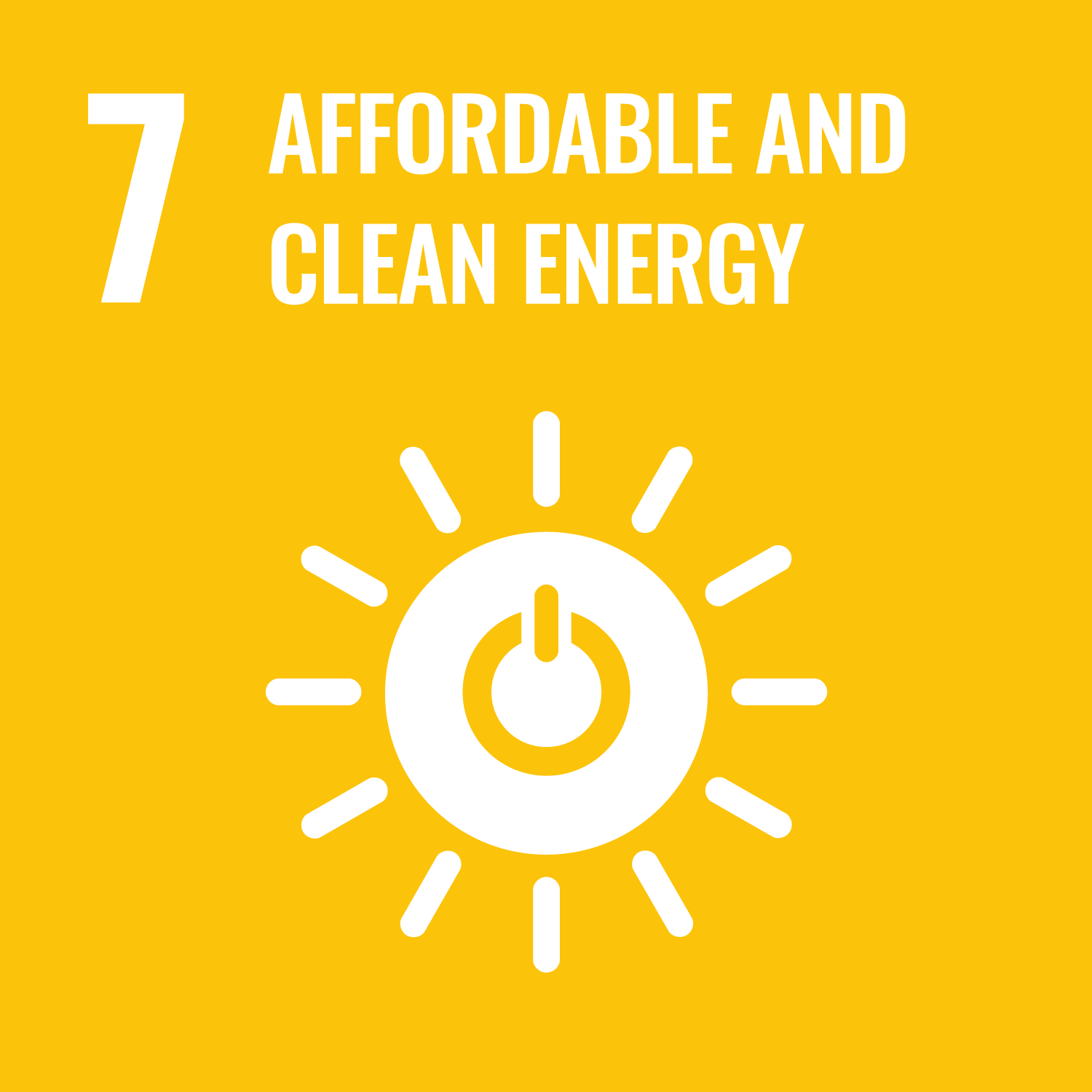ORCID
- D. Conley: 0000-0001-6822-5386
- M. Hann: 0000-0003-3965-9331
- K. Collins: 0000-0002-7728-5441
- D. Greaves: 0000-0003-3906-9630
Abstract
Wave tank model testing has been widely used to assess the performance of Wave Energy Converters (WEC) in different technology readiness levels (TRL). At early stage the use of simple wave conditions such as regular waves and parametric wave spectrum JONSWAP or Pierson-Moskowitz spectrum is acceptable. However at later stages there is a need to use site specific complex wave conditions representative of potential prototype deployment sites. In previous research, 10 different regrouping methods on HF radar measured wave spectrum were tested to find out the most representative sea states for tank testing. It has been shown that by using the K-means clustering technique, the characteristics of wave conditions can be well preserved. In order to assess the power capture performance of a typical WEC in these representative sea states, the RM3 point absorber has been simulated. By analysing how well the average power output predicted from different representative sea-state selection methods compares with the total power output prediction, it is shown that the non-directional wave spectrum K-means clustering method provides the most representative sea states and, for a point absorber, with a very accurate estimation of the total power output, which is not the case by using a traditional binning method. The importance of using the complex site-specific sea states rather than simplified parametric JONSWAP sea states to obtain the accurate total power estimation has also been shown.
DOI Link
Publication Date
2022-06-08
Publication Title
International Journal of Marine Energy
Volume
5
Issue
1
ISSN
2214-1669
Acceptance Date
2021-04-26
Deposit Date
2022-08-11
Embargo Period
2022-11-10
First Page
1
Last Page
10
Recommended Citation
Wang, D., Conley, D., Hann, M., Collins, K., Jin, S., & Greaves, D. (2022) 'Power output estimation of WEC with HF radar measured complex representative sea states', International Journal of Marine Energy, 5(1), pp. 1-10. Available at: 10.36688/imej.5.1-10


